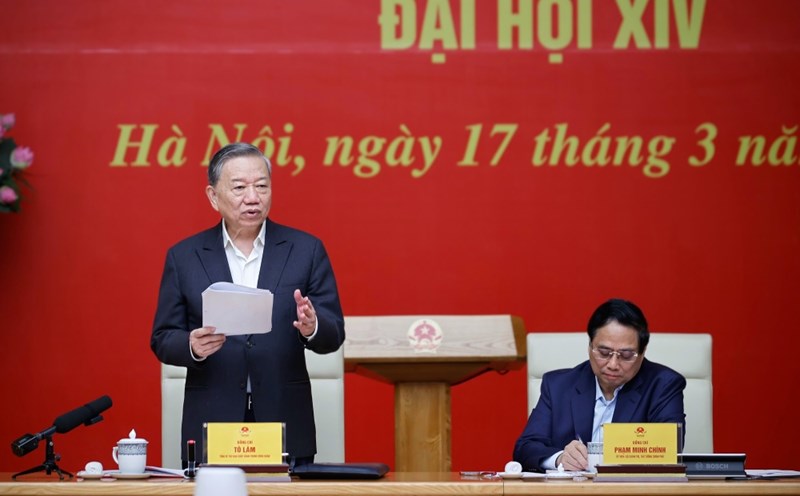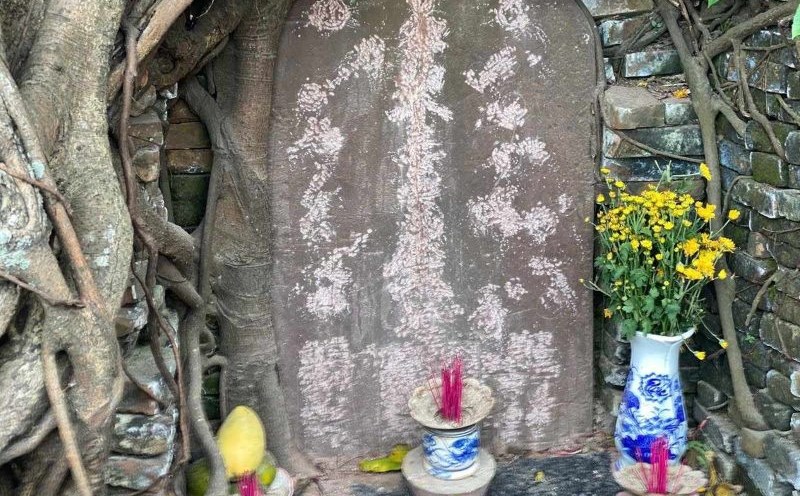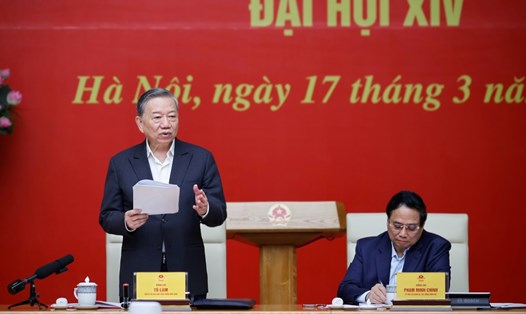The Ministry of Home Affairs has completed and sent its opinions on the draft Submission and draft Law on Cadres and Civil Servants as amended. The bill is expected to be submitted to the National Assembly at the upcoming 9th session.
The basic content of the draft Law consists of 8 chapters and 47 articles.
The draft Law amends regulations related to the mechanism for management and use of cadres and civil servants to serve as a basis for screening, restructuring, and improving the quality of the team when implementing the arrangement and streamlining of the apparatus of the political system.
Implement the mechanism for managing cadres and civil servants according to job positions, taking the job position as the center in the management and use of cadres and civil servants; strongly innovate the work of recruitment, training, outlining, appointment, rotation, mobilization, and evaluation of cadres and civil servants in a practical direction, so that the search for people, based on specific products, can be measured.
Supplementing Chapter III on regulations on job positions includes 4 articles (from Articles 11 to 14) on the concept of job positions, classification of job positions; basis for determining job positions; changing job positions and management content on job positions.
Supplementing regulations on determining job positions that must be recruited and job positions that may be allowed to sign contracts to perform duties of civil servants to create flexibility in the use of human resources from outside (Clause 7, Article 14, Clause 3, Article 23.
Notably, the draft Law adds regulations on testing to implement the team screening mechanism according to the principle of competition, achieving, achieving, achieving, achieving, achieving, achieving to solve the situation of avoiding, pushing, and being sluggish; the mentality that when entering the state is safe, "civil servant status for life", the elimination mechanism is not strong enough; ensuring the building of a team of elite, quality, with sufficient virtue and talent to serve the Party, the country and the people (Articles 13, 14, Article 26).
In addition, the draft Law also completes regulations on attracting and employing talented people in public service to meet requirements.
This regulation aims to institutionalize the principle of implementing the public-private partnership mechanism on human resources in accordance with the spirit of Resolution No. 18-NQ/TW to attract as many experts, managers, business administrators, leading scientists, excellent graduates, and talented young scientists from the private sector to work in agencies in the political system.











